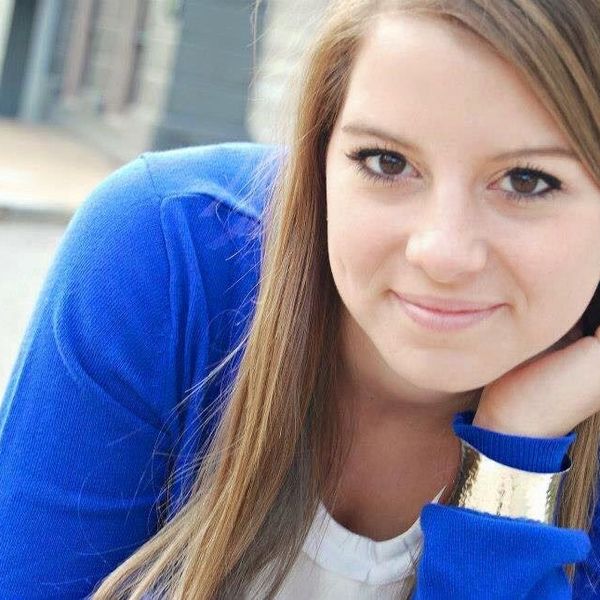“What do you call a bipolar person at a club?”
Manic at the disco, of course.
My friend at the time proceeded to explain how I just ruined his Panic! At The Disco – laden childhood. He’d get over it – there were worse things to worry about – like the schizoaffective lady relieving herself in the corner.
Being in a psych ward is both hilarious and devastating. While mostly the latter, I quickly learned that I would have to keep my wits about me to survive the humbling experience that is an involuntary psychiatric hold.
It’s not something you dream of as a child. “Yes, check seven days' involuntary psych ward off of my bucket list!” However, it was my reality after I decided to apparently drink myself to near death. And despite my consistent pleadings that “I really just wanted to have a little fun” and apologies for over-doing it, the state of GA declared I was a “risk to myself." “Yeah, a risk of awesomeness,” I replied. They didn’t take kindly to my sarcasm, and off I was sent on a 1013 hold to a lovely psych ward in Atlanta. And it was weird and yet enlightening.
For anyone who has ever been in this situation, the first 24 hours are a literal hell – especially if you are, clinically speaking, sane. Isolation, the "booty juice" shots, and restraints are a real thing. Sure, psychiatric medicine has come a long way, but you’ll still see a lot of old practices still in use for the more severe patients. And the sad thing is, you know you’ve gotten used to being in a psych ward when the "booty juice" or Haldol shots actually look appealing – especially for an alcoholic like me, I could really use some Benzos to "turn up" in here. Unfortunately, due to my exemplary behavior, I never got to partake in such activities. Shame.
Not everyone is crazy, though, you’ll learn to pick out the saner of the bunch and you’ll stick to them like white on rice. That is, until you become more open to talking to the schizophrenics and the manic bipolars, who are actually pretty cool if you can get them to stop talking to themselves long enough to hold a conversation. I remember this one lady I was terrified of the first day – talking to herself, making angry faces, I’m pretty sure a few words here and there about someone killing someone; I kept my distance. Until, one day, she asked me for a cigarette. I was so happy to see her partaking in social situations again that I gave her half a pack. She was beyond kind and she shared her story with me. Without delving into personal details, this woman had been through a lot. I admired her strength and perseverance despite her past and her current disease. While she quickly sunk back into her conversations with herself, the glimpse of the real human being behind the veil of schizophrenia really opened my mind.
I met many other amazing people over that week. Where I had originally held prejudice and fear for these patients, I now held tolerance and respect for their stories and their ability to fight through their mental illness. I saw many of the faces of mental illness over that week – depression, bipolar, other mood disorders and even suicide. Once I was really able to listen to their stories, I discovered that these people were warriors. Most had violent pasts and were never given a chance to properly cope. And through it all they were still fighting – and that gave me the confidence to fight myself.
Today, nearly 57.7 million people over 18 suffer from some form of mental illness. A majority of these people never get the help they need, exacerbating their disease and costing the US nearly $193.2 billion each year. Many psych wards act simply as holding cells for people like me – people with addiction – and they do not provide adequate help. Through my experience, I hope to lift the stigma and the veil of mental illness, so that many, like my friends from the psych ward, can also find help, peace and a life free of mental illness. Many organizations like the National Association on Mental Illness are working today to fight this stigma and provide people with the help they need. Thanks to donations and volunteers, NAMI has been able to provide millions with assistance.





















